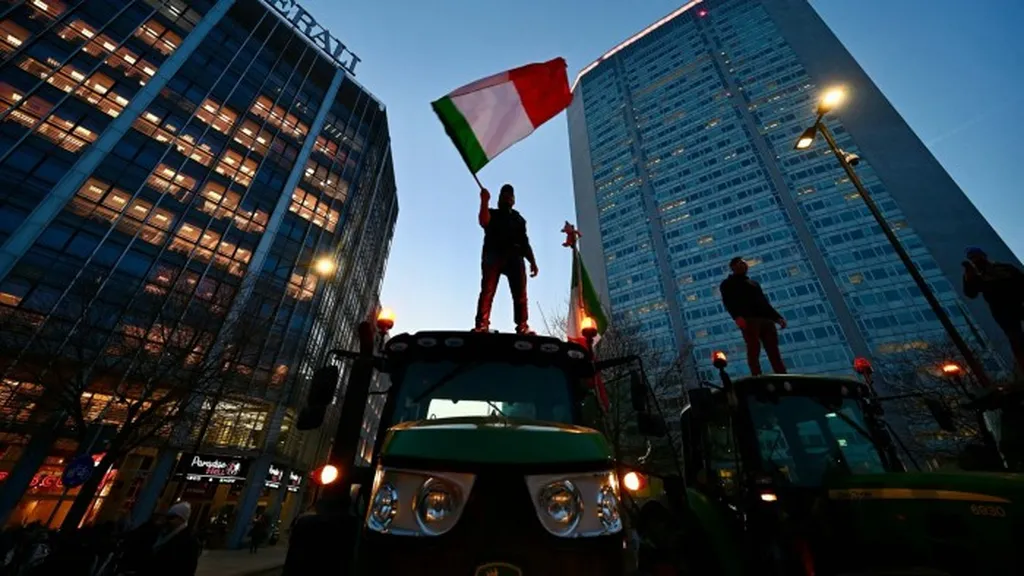In the heart of Europe, a quiet revolution is brewing, one that could reshape the way we think about food production, environmental sustainability, and the delicate balance between the two. At the center of this shift is the European Union’s pesticide policy, a contentious issue that has pit farmers against environmentalists, and economic realities against ecological ambitions. A recent study published in *Economia Agro-Alimentare* (which translates to *Agri-Food Economics*) by Francesco Zecca of Sapienza University of Rome sheds light on the EU’s ongoing efforts to navigate these turbulent waters.
The study, titled “Reconsidering EU Pesticide Policy to Address Sustainability,” delves into the Strategic Dialogue on the Future of EU Agriculture, a platform launched by the European Commission in response to widespread farmer protests in early 2024. These protests, a stark manifestation of the tensions between socioeconomic realities and environmental policy ambitions, highlighted the urgent need for a more inclusive and nuanced approach to pesticide regulation.
Zecca’s research employs a qualitative content analysis of the Dialogue’s final report, triangulated with official stakeholder statements and EU policy documents. The focus is on the discourse surrounding pesticide reduction, sustainability trade-offs, and the challenges of policy implementation. The findings are revealing. There is broad stakeholder support for reducing synthetic pesticide use and restoring ecological balance. However, there is also a recognition of the knowledge-based, structural, and economic barriers that hinder this transition.
“The report advocates a phased reduction strategy,” Zecca explains, “supported by targeted financial aid for small-scale farms and increased investment in sustainable alternatives like biocontrol and Integrated Pest Management.” This approach aims to address the immediate needs of farmers while steering the agricultural sector towards a more sustainable future.
The study also underscores the importance of balanced stakeholder representation and addressing power asymmetries in participatory policymaking. This is crucial for ensuring that the voices of all stakeholders are heard and that the resulting policies are both effective and equitable.
So, what does this mean for the future of EU agriculture and the broader energy sector? The findings suggest that the Strategic Dialogue’s initiative could pave the way for cooperative responses to complex agri-environmental challenges. By situating pesticide policy within the wider framework of deliberative sustainability governance, the EU could set a precedent for other regions grappling with similar issues.
Moreover, the emphasis on sustainable alternatives and targeted financial support could open up new avenues for investment and innovation in the energy sector. As the agricultural industry seeks to reduce its reliance on synthetic pesticides, there will be a growing demand for clean, efficient, and sustainable solutions. This presents a significant commercial opportunity for energy companies that can provide these solutions.
In the end, the study by Francesco Zecca offers a glimpse into a future where economic realities and environmental ambitions are not at odds, but rather, work together to create a more sustainable and prosperous world. It’s a future that is within our reach, but one that will require careful navigation, inclusive dialogue, and a shared commitment to sustainability. As the EU continues to grapple with these issues, the lessons learned from the Strategic Dialogue on the Future of EU Agriculture could prove invaluable, not just for Europe, but for the world.

